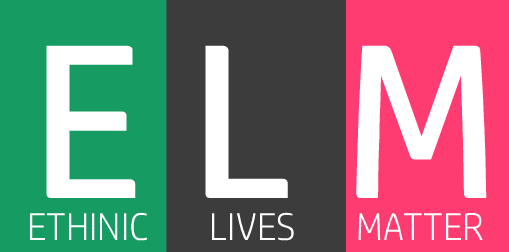|
d. Integration of human rights into development
As early as 1957, the General Assembly expressed the view that a balanced and integrated economic and social
development programme would contrib- ute towards the promotion and maintenance of peace and security, social
progress, better standards of living and the observance of and respect for human rights and fundamental freedoms.
This approach was given increased prominence by the Teheran World Conference on Human Rights and later recognized
as a paramount concern by the second World Conference on Human Rights held in Vienna in June 1993 – that genuine
and sustainable development requires the protection and promotion of human rights.
Development is not restricted to meeting basic human needs; it is, indeed, a right. With a rights-based approach,
effective action for development moves from the optional realm of charity, into the mandatory realm of law, with
identifiable rights, obligations, claim-holders, and duty-holders. When devel- opment is conceived as a right, the
implication is that someone holds a claim, or legal entitlement and a corresponding duty or legal obligation. The
obliga- tion which devolves upon Governments (individually by States vis-à-vis their own people, and collectively
by the international community of States) is, in some cases, a positive obligation (to do, or provide something)
and, in others, a negative obligation (to refrain from taking action). What is more, embracing the rights framework
opens the door to the use of a growing pool of infor- mation, analysis and jurisprudence developed in recent years
by treaty bodies and other human rights specialists on the requirements of adequate housing, health, food,
childhood development, the rule of law, and virtually all other elements of sustainable human
development.
The obligation to respond to the inalienable human rights of individuals, and not only in terms of fulfilling human
needs, empowers the people to demand justice as a right, and it gives the community a sound moral basis on which to
claim international assistance and a world economic order respectful of human rights.
The adoption of a rights-based approach enables United Nations organs to draw up their policies and programmes in
accordance with internationally rec- ognized human rights norms and standards.
The United Nations Development Assistance Framework (UNDAF) was established as part of the Secretary-General’s
Programme of Reform. UNDAF is a common programme and resources framework for all members of the United Nations
Development Groups (UNDG) and, wherever possible, for the United Nations system as a whole. The objective of
the programme is to
|  ETHNIC LIVES MATTER ™
ETHNIC LIVES MATTER ™